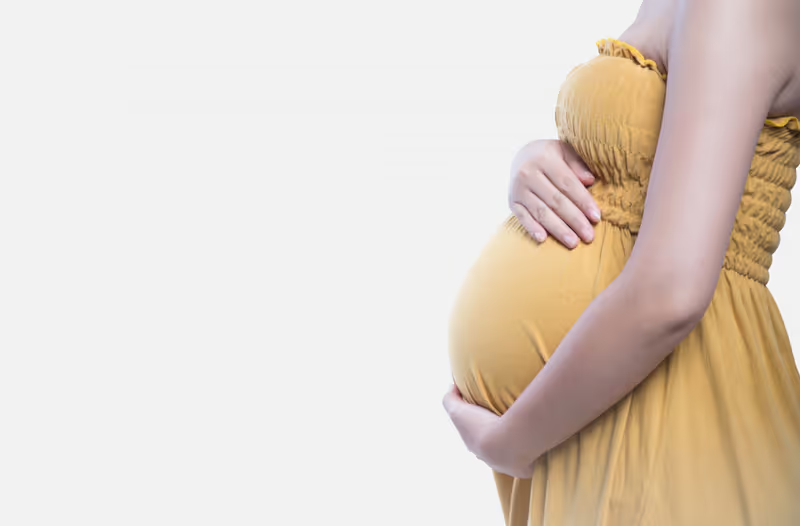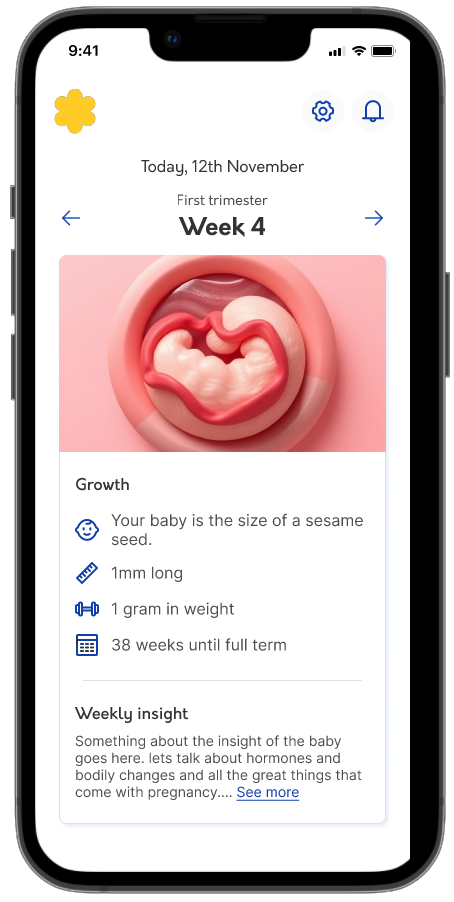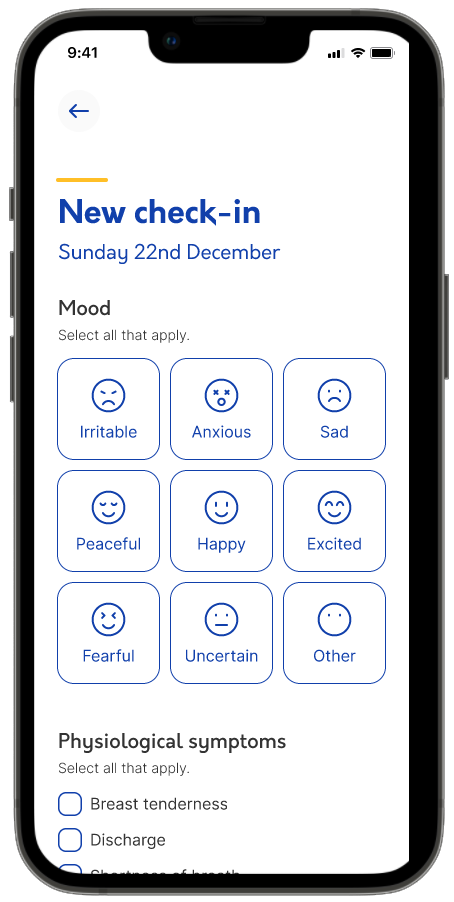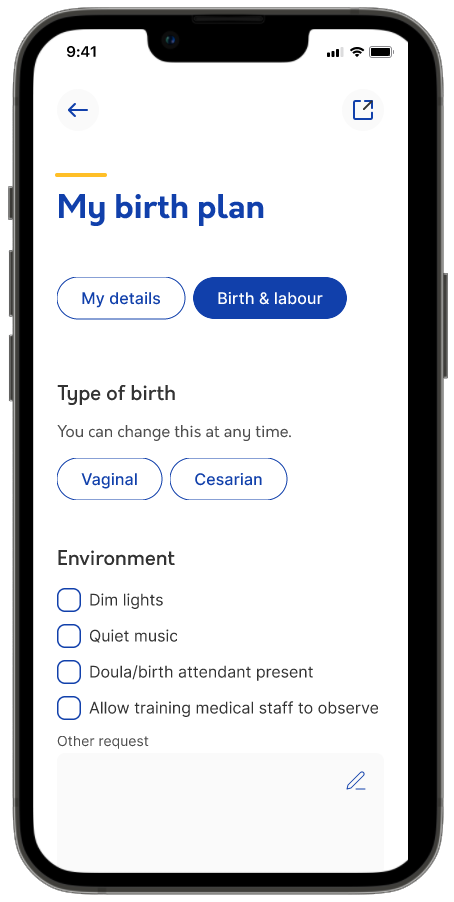
Find Support in Your State
Select your location to connect with midwives, doulas, and care providers near you





Coming Soon
Yokefellow®
Pregnancy App
Your all-in-one companion for a supported, informed, and connected pregnancy journey.
Peace of Mind Birth Planning
Design a personalized birth plan to ensure peace of mind, knowing you're prepared for every step of your journey.
Insightful Pregnancy Guidance
Stay informed with week-by-week insights and visualizations of your baby's development.
Collaborative Partner Experience
Engage your partner and loved ones, keeping them involved and supportive throughout your pregnancy.
Comprehensive Educational Resources
Access expert-reviewed articles and personalized recommendations to stay informed and knowledgeable.
Local Service Connections
Easily discover and connect with trusted healthcare providers and services in your area.

